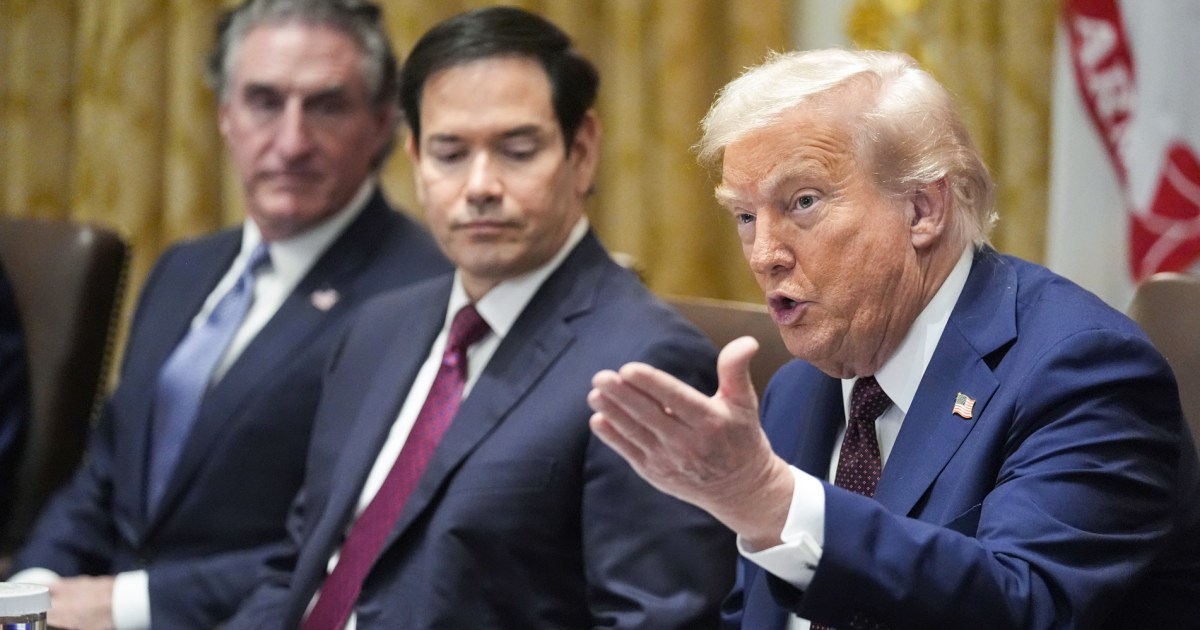President Trump Rebrands 'Big, Beautiful Bill' Amidst Low Approval
President Donald Trump is rebranding his "big, beautiful bill" due to poor polling. The legislation increases military and immigration spending, cuts Medicaid, and includes middle-class tax cuts, drawing Democratic criticism.
Subscribe to unlock this story
We really don't like cutting you off, but you've reached your monthly limit. At just $5/month, subscriptions are how we keep this project going. Start your free 7-day trial today!
Get StartedHave an account? Sign in
Overview
- President Donald Trump is seeking to rebrand his "big, beautiful bill" due to its unpopularity and poor polling results, indicating a strategic shift in its public presentation.
- The decision to change the branding of the law, previously known as the One Big Beautiful Bill, directly stems from polling data showing significant public disapproval.
- The bill's provisions include increased spending on immigration enforcement and the military, alongside cuts to Medicaid and other programs, while also offering tax cuts for the middle class.
- Democrats have strongly criticized the legislation, arguing that it disproportionately benefits the wealthy at the expense of essential health care services for the working class.
- According to recent polling data, 46% of Americans disapprove of President Trump's One Big Beautiful Bill, highlighting widespread public skepticism regarding its impact and fairness.
Report issue

Read both sides in 5 minutes each day
Analysis
Center-leaning sources cover this story neutrally, presenting a balanced account of Trump's rebranding strategy. They detail the administration's rationale, the bill's diverse provisions, and significant opposition. This approach provides readers with a comprehensive overview, allowing them to form their own conclusions based on varied information and objective data.
Articles (3)
Center (2)
FAQ
President Trump wants to rebrand the bill because it remains unpopular in polls, with 46% of Americans disapproving, and the original name does not effectively explain its benefits to the public.
The bill increases spending on immigration enforcement and the military, cuts Medicaid and other social programs, offers tax cuts for the middle class, and extends many taxpayer-friendly provisions from the 2017 Tax Cuts and Jobs Act.
Democrats criticize the bill for favoring the wealthy through tax cuts while funding these cuts by reducing essential health care services like Medicaid, which they argue harms the working class.
The Congressional Budget Office estimates that the bill will add $3.4 trillion to the deficit over the next decade.
The bill includes measures that expand immigration enforcement spending, reduce access of lawfully present immigrants to health insurance and nutrition aid, cut benefits like the Child Tax Credit for children of immigrant parents, and undermine due process and humanitarian protections.
History
- This story does not have any previous versions.

